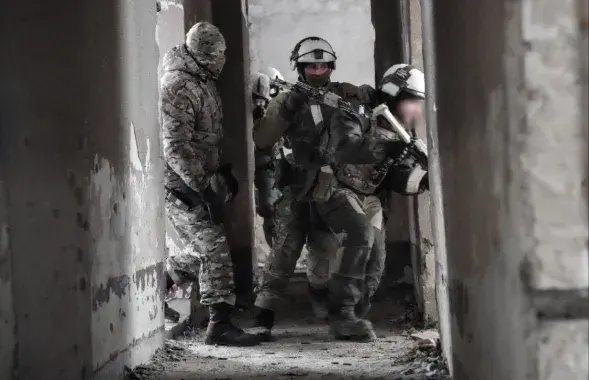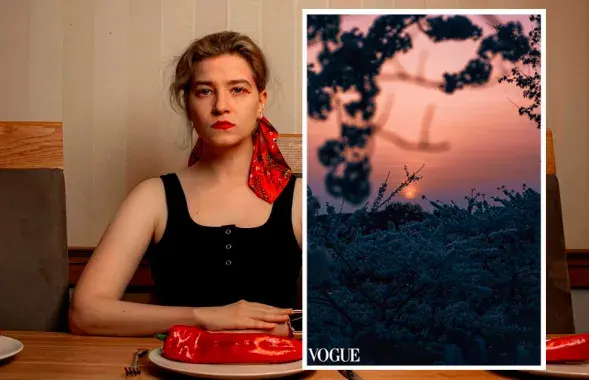Will an LGBT organization be registered in Belarus?
A founding congress of the human rights LGBT organization "GayBelarus" will take place on Saturday, October 15 in Minsk.
This is the first attempt to register an LGBT organization in Belarus since 1999. The Ministry of Justice then refused to register "Lyambda League". Head of the human rights project "GayBelarus" Syarhej Androsenka has told about the organization and about this year's gay-pride.
Euroradio: Which events are planned to be held in the framework of the gay-pride? What has already happened and what is still in plans?
Syarhej Androsenka: In comparison with last year, this gay-pride is unbelievably enormous. It's a very big forum for Belarus. A festive opening ceremony has already taken place, there have also been two performances of the Free Theatre in support of the gay-pride in Minsk, a project "10 Pride Personalities" has also been presented - different people explain why they decided to attend the gay-pride in this project. Today we have presented the results of the monitoring "LGBT discrimination in Belarus" for lawyers and human rights defenders, and there has also been the first party of the pride, a sort of an entertaining event for LGBT-community and their friends. We have a founding congress of the human rights project "GayBelarus" ahead, it is to take place on Saturday, we are going to file the documents for registration to the Ministry of Justice on Monday. On Sunday, there will be a literature event "Tolerant Readings" and demonstration of the movie about homosexual animals "Animals Similar to Us". The movie depicts that there are more than 450 species of animals which have homosexual relations and there is no such thing as homophobia. The agenda of the gay-pride is available at our webpage gaybelarus.by.
Euroradio: So, what does the gay-pride mean to you - is it a protest, a provocation or a way to achieve certain goals?
Syarhej Androsenka: This is a protest, and a provocation, and realization of our right for associations, gatherings and self-expression. A gay-pride can be approached from different angles. This is a provocation for those who think that homosexuality is a disease, a perversion and some sort of abnormality. However, this is not the problem of the LGBT community, this is the problem of the system which did not educate people, did not explain such concept as sexual diversity. For the LGBT community, this is a protest against homophobia. Somebody comes to the pride in order to support his friends. Even if this gay-pride is prohibited in Belarus, it will happen in any case.
Euroradio: Have there been any obstacles from the authorities during organization of the gay-pride?
Syarhej Androsenka: At present moment we feel no pressure. We organize all events not in such an open format as we would want, as we know the social-political conditions and climate in the country. Our HQ is ready for the visits of the police and the KGB anytime. We know what is happening in the country. We are also ready for homophobic attacks. However, neither the first nor the second have happened so far. This is the fourth day of the pride out of eleven. Problems still may occur. We will comment on that if the founding congress, and the rally, and other events take place peacefully.
Euroradio: What do you want to achieve by creating the human rights defense project GayBelarus?
Syarhej Androsenka: It is too early to say what the organization will do as it is not registered yet. I am a down-to-earth person, our first goal so far is to fulfill the right for associations and peaceful gatherings. These are basic rights which we can struggle for successfully. We cannot speak about the progress in any other issues until we can fully use these rights, otherwise it will be romanticism and stupidity.
Euroradio: How many members does your organization have? What will you do if the rally is prohibited?
Syarhej Androsenka: There are 70 people aged 18-50 in our organization now. This is not a big number in comparison with other organizations, but these are real people who want to facilitate movement to tolerance. If the rally is prohibited, we will summon the organizational committee which will decide on the format of the event, taking into consideration the social-political situation in the country.

















